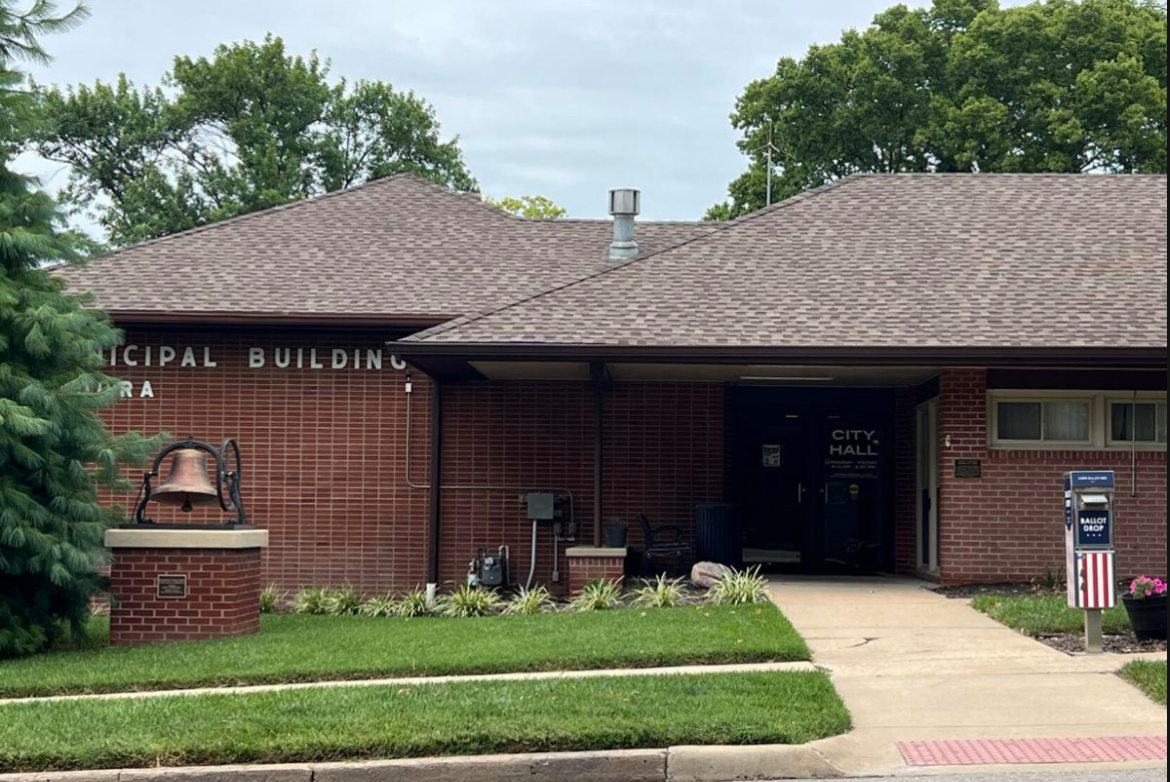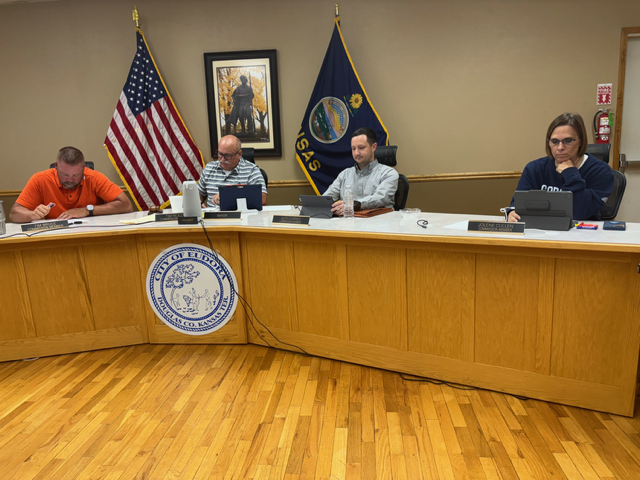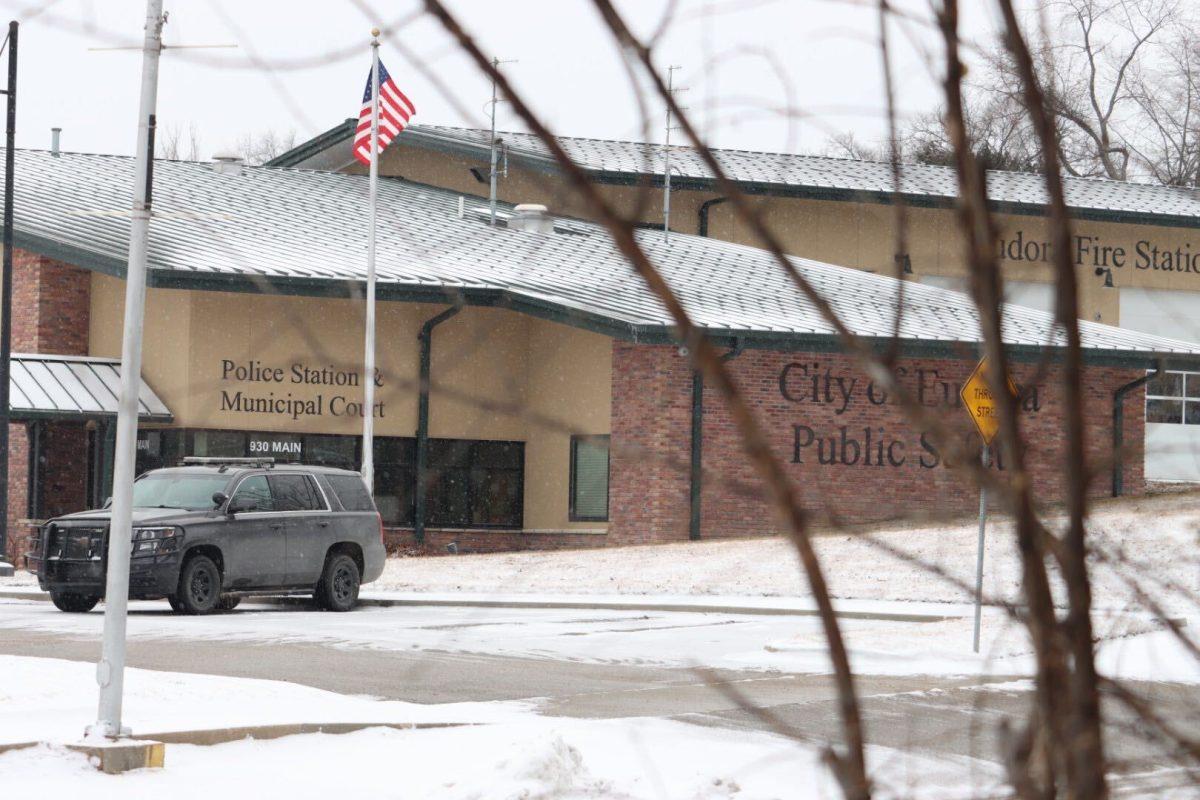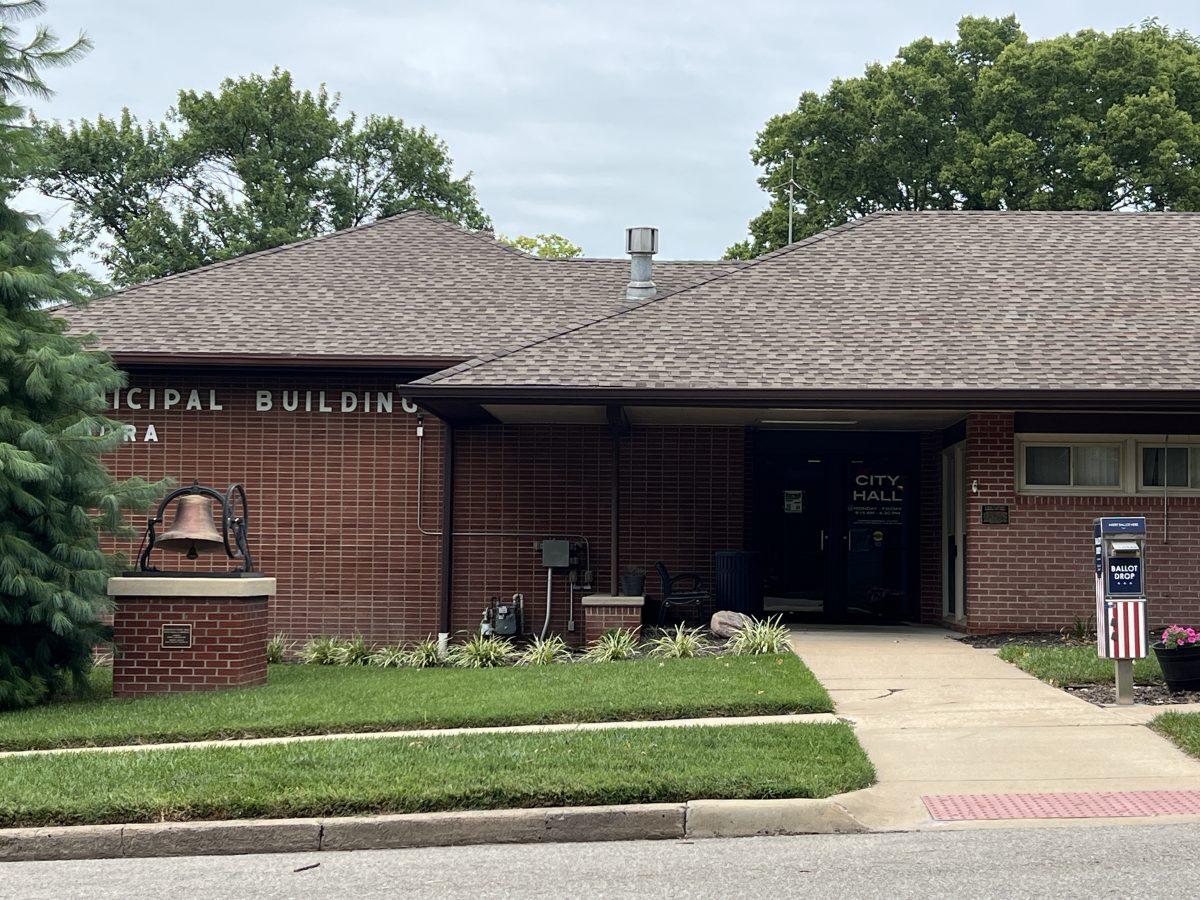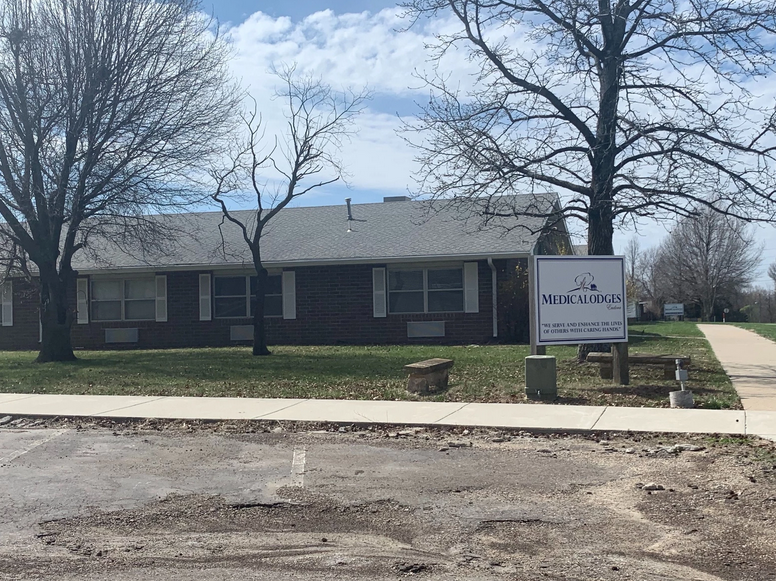Jay Armbrister believes there are life or death consequences surrounding whether state legislators support first responders.
It’s why the Douglas County sheriff is one of the biggest supporters of Senate Bill 491, which seeks to help first responders who suffer from post-traumatic stress disorder by permitting them workers’ compensation benefits.
Armbrister testified on behalf of the Kansas Sheriffs’ Association earlier this week. He said he’s frustrated no further action was taken with the bill by the Kansas Senate’s Committee on Commerce.
“I would say I’m speaking in hyperbole, but I’m not, that this bill actually has life or death consequences,” Armbrister said. “There are people who need it right now and not next year.”
The Department of Administration assumes 34% of state-employed first responders would experience PTSD and be eligible for workers’ compensation, according to the bill’s fiscal note.
This would be about 387 first responders, with an average of $11,667 per year for a claim for an estimated total cost of $4.5 million from the state self insurance fund in fiscal year 2023. The League of Kansas Municipalities and the Kansas Association of Counties were unable to estimate the fiscal effect on local governments.
Sen. Tom Holland, D-Baldwin City, said he was supportive of the bill.
“We need these types of programs,” Holland said. “At the end of the day, I think we need to proactively compensate our men and women in law enforcement, our first responders, if they do have PTSD, with or without any sort of physical impairment that might go with that.”
Holland said the hearing was not an honest attempt to work the bill, calling it a vanity hearing.
“It’s just a shame that Republican leadership doesn’t value the challenges that our men and women in law enforcement face, and not just law enforcement, but all first responders, EMS and even dispatch,” Holland said.
Sen. Brenda Dietrich, R-Topeka, vice chairwoman of the committee, said the bill was not worked after the hearing and has not been passed out of the committee at this time.
“I honestly do not know what the future disposition of that bill will be,” Dietrich said in an email. “We did not have time to discuss it before we adjourned on Wednesday.”
Sen. Renee Erickson, R-Wichita, chairwoman of the Senate Committee on Commerce, did not respond to repeated requests for comment by the time of publication.
Eudora Fire Chief Mindy Andrasevits said the bill is a positive step to address mental health issues for first responders.
“Mental health issues that first responders have have been under the radar and not handled appropriately a lot of the time,” Andrasevits said. “I knew firefighters who quit their careers and walked away from it after stress from many difficult calls or one in particular that they couldn’t get over. It ended careers.”
Eudora Police Chief Wes Lovett also said he was glad the issue was addressed in the legislature.
“I think unfortunately it’s one of those things that a lot of officers don’t want to address, and I think this would have been something that would have allowed officers to come out and address the issue,” Lovett said. “I think it’s very unfortunate if it didn’t move any further in the Senate.”
Armbrister has a history with PTSD, which he prefers to call post-traumatic stress injury, or PTSI, as he said it’s an invisible injury that occurs to the brain.
After working inside the Douglas County Jail, in the patrol division and as a detective over the course of 23 years, Armbrister began to struggle with the build up of traumatic events.
“I knew something had to change, and I was actually able to get help from a doctor and medication,” Armbrister said. “I’ve tried to destigmatize this as much as possible. Medication and therapy saved my life. I was also able to get into a treatment program that is for first responders and is by first responders. It changed everything for me.”
Armbrister said that besides advocating for the bill, his personal history has informed how he approaches his job as sheriff.
“I’ve been able to bring that perspective into this agency as sheriff and create some programs that I feel are cutting-edge and helpful to the staff so they won’t get in that position, or at least they’ll be prepared when the traumas do happen, whereas we didn’t know any better,” Armbrister said.
Despite programs at individual departments or agencies that are designed to help first responders with their mental health needs, Senate Bill 491 would provide broader assistance through workers’ compensation.
“I feel really good about where I’m at, I feel really good about where our agency is, I feel good that nationally, as a whole, law enforcement and first responders have made mental health a really big topic, but it’s time to put your money where your mouth is with the legislature, and get this stuff taken care of, like all these other states have,” Armbrister said.
The bill can be viewed here.
Reach reporter Abby Shepherd at [email protected]






